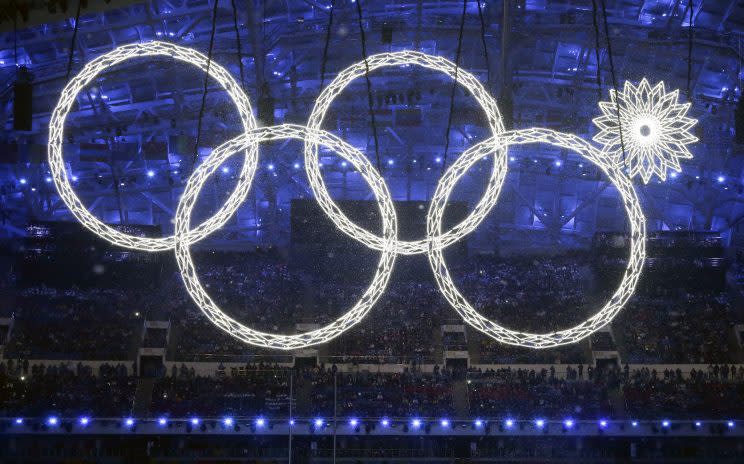New report: More than 1,000 Russian athletes involved in doping

The World Anti-Doping Agency has released a new report charging Russia with widespread, pervasive, state-sponsored doping of more than 1,000 athletes during a period that includes both the London and Sochi Olympics.
This report is a followup to, and confirmation of, an earlier WADA investigation that uncovered evidence of Russian doping through a variety of means, from sophisticated regulation of athletes’ body chemistry to crude brute-force methods, such as swapping urine samples through a hole in a wall. That report, released in July, covered the years from 2011 to mid-2015, a period which included three different major worldwide competitions which Russia hosted.
“We are now able not only to confirm the findings of the first report but also to put them in sharper and clearer focus,” said Richard McLaren, a Canadian lawyer who led the investigation and prepared the report.
The second report indicates that more than 1,000 Russian athletes somehow benefitted, either knowingly or unknowingly, from the doping program, which involved the participation of the Russian Ministry of Sport, the Center for Sports Preparation of the National Teams of Russia, and the Federal Security Service. The program involved swapping tainted urine samples, which would have triggered detection systems, with clean ones while the athletes continued to compete and, in many cases, win medals.
“We are now able to confirm a cover-up that dates back until at least 2011 and continued after the Sochi Olympic Games,” McLaren said at a news conference announcing the results, as quoted by Reuters. “It was a cover-up that evolved from uncontrolled chaos to an institutionalized and disciplined medal-winning conspiracy.”
The initial report, released in July shortly before the Rio Games, was based in part on the testimony of Grigory Rodchenkov, former head of the Moscow Anti-Doping Laboratory. That report led to demands that the International Olympic Committee ban Russia entirely from Rio. But the IOC instead left the decision of whether to ban Russian athletes up to individual sports’ federations. Russia eventually attended Rio with about 70 percent of its intended delegation, a group which did not include the previously-banned track and field team.
McLaren said WADA will not be revealing the names of the athletes who benefited from doping, citing respect for their private lives. However, he also added that WADA only had access to a small portion of the documents necessary to paint a full picture of the Russian doping operation, and that the full scope of the program remains unknown.
Russian sources dismissed the report as more of the same. “Just what we expected. We didn’t hear anything new. Unfounded accusations against us all. If you’re Russian, you are demonized,” said Dmitry Svishchev, president of the Russian Curling Federation. “However, I can’t grasp what WADA wants to achieve. Either they want Russia to be excluded from the world sports family, or they want to really put things right [everywhere], Russia included. To do that, they should start with themselves. We will defend our rights in all courts, we won’t make peace with this defamation. We admit we have our issues, but there is no need to demonize us.”
“Russia has never had a state-sponsored system of doping,” Vitali Smirnov, head of Russia’s anti-doping commission, said at a WADA meeting in November. However, at that same meeting, WADA officials indicated that Russia continues to thwart attempts to investigate the full scale of any potential doping operation, including access to athletes’ training facilities and laboratories.
____
Jay Busbee is a writer for Yahoo Sports and the author of EARNHARDT NATION, on sale now at Amazon or wherever books are sold. Contact him at jay.busbee@yahoo.com or find him on Twitter or on Facebook.

 Yahoo Sports
Yahoo Sports 
